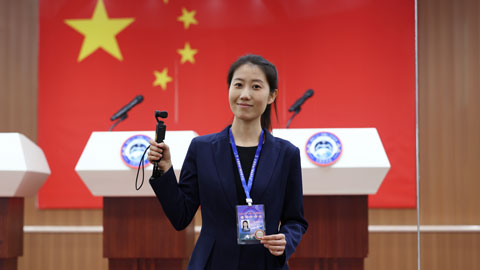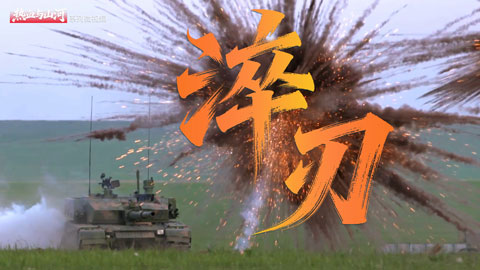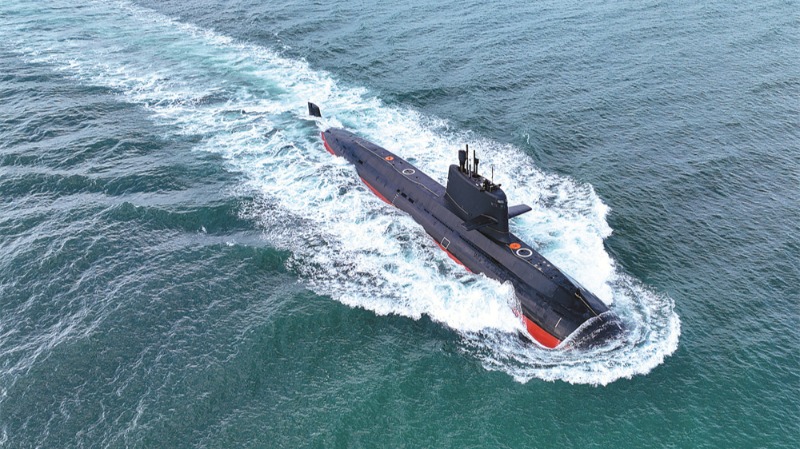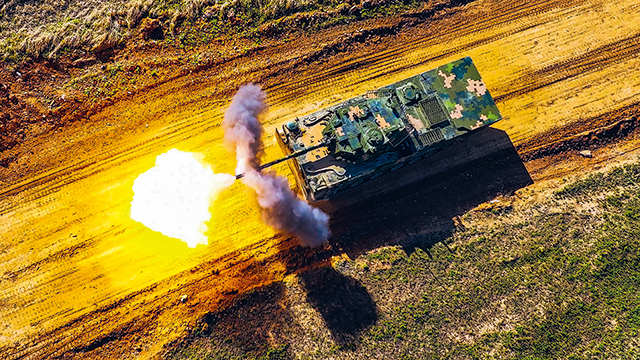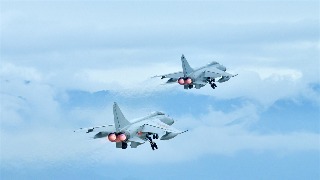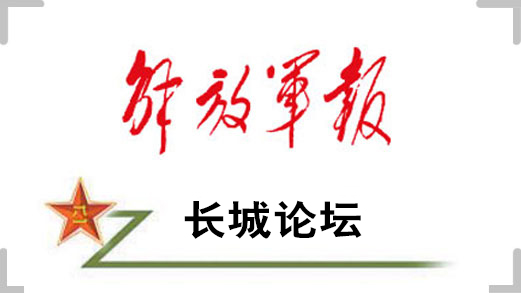In mid-to-late October, NATO conducted its annual Steadfast Noon nuclear exercise. Almost simultaneously, Russia held a full nuclear triad drill to test the readiness of its nuclear deterrent. These parallel exercises have further complicated and destabilized the already fragile landscape of global arms control.
10月中下旬,北约举行“坚定正午”核演习。几乎同时,俄罗斯也举行了战略核力量综合演习,全面检验核力量的战备状态。相关演习给本就复杂脆弱的国际军控形势带来消极影响。
NATO pushes forward with its Nuclear Sharing Arrangements
北约推进“核共享”计划
Although NATO repeatedly emphasized that the Steadfast Noon nuclear exercise was unrelated to any real-world event, the timing and scope of the drills clearly reflect the tense security environment between Russia and Europe and reveal NATO's deepening "nuclear sharing" mindset.
尽管北约一再强调“坚定正午”核演习“不关联任何现实事件”,但该演习在时间节点与内容设置上难以脱离当前紧张的俄欧局势,愈发体现出北约的“核共享”思维。
The confrontational posture is becoming increasingly pronounced. In recent years, NATO has justified the intensification of its nuclear exercises by citing exacerbating external threats. This year's Steadfast Noon nuclear exercise simulated the entire process of a nuclear strike mission, with a particular focus on enhancing the protection of nuclear weapon storage and transport sites.
对抗态势更趋明显。近年来,北约以外部威胁加剧为由,不断提升核演习强度。本次“坚定正午”核演习模拟了核打击任务的全流程作业,强化演练了对核武器储存与运输节点的安全防护。
Multidimensional coordination becomes more frequent. A defining feature of NATO's Steadfast Noon nuclear exercise lies in the growing integration between nuclear and conventional deterrence. The exercise made full use of multiple military bases across the Netherlands, Belgium, the United Kingdom, and Denmark for coordinated deployment, reflecting NATO's continued efforts to extend and integrate its nuclear deterrence posture northward toward Russia and the Arctic.
多维联动日益频繁。北约“坚定正午”核演习的显著特征不仅体现为多国联合,还体现为以核威慑强化常规威慑的核常联动。演习充分利用荷兰、比利时、英国与丹麦多处军事基地进行协同部署,显示出北约核威慑体系持续向北翼和北极方向深度整合,以对俄形成更全面的战略慑压态势。
Multiple parties engage in intense and complex contest
多方复杂密集角力
Recently, various parties have engaged in intricate and concentrated interactions and competitions concerning nuclear weapons development, deployment, and adjustments to nuclear policies.
近期,各方围绕核武器发展部署、核政策改革调整等方面,展开了复杂密集的互动与较量。
The US has accelerated the development of low-yield tactical nuclear weapons. Since May this year, the US has begun mass-producing the new B61-13 tactical nuclear bomb. In addition to retaining controllable yield characteristics, it also features so-called "conventional weapon effects", including low radioactive fallout and a short half-life. This not only provides a new option for the US nuclear deterrence "toolbox" but also increasingly blurs the boundaries of nuclear warfare.
美国加速研制低当量的战术核武器。美自今年5月开始批量生产的B61-13新型战术核弹,除了延续当量可控的特征外,还兼具核沾染低、半衰期短等所谓“常规武器效应”,不仅为美国核威慑“工具箱”提供新的可用选项,也使核战争边界日益模糊。
Russia has taken countermeasures by conducting nuclear deterrence exercises and updating its nuclear deterrence policies. During NATO's Steadfast Noon nuclear exercise, Russia held a full nuclear triad drill to fully test its nuclear readiness. In November last year, Russia updated the Fundamentals of State Policy of the Russian Federation on Nuclear Deterrence, further lowering the threshold for nuclear weapon use. Russia's nuclear capability development safeguards its national security while simultaneously fueling the ongoing escalation of tensions between the two sides.
俄罗斯通过举行核威慑演习、更新核威慑政策等方式进行反制。俄罗斯在北约“坚定正午”核演习期间举行了战略核力量综合演习,全面检验核力量的战备状态。去年11月,俄更新了《俄罗斯联邦核威慑国家基本政策》,核武器使用门槛进一步降低。俄罗斯的核能力建设维护了国家安全的基本盘,也让双方对抗持续升级。
Facing Russia's nuclear deterrence signals and the uncertainty of US nuclear policy, NATO's European members are turning to strengthen their own nuclear deterrence capabilities. On one hand, European nuclear-armed states are continuously enhancing their nuclear posture. On the other hand, non-nuclear European countries increasingly rely on nuclear capabilities for security guarantees. However, Europe's pursuit of "nuclear autonomy" faces multiple challenges, including funding and technological constraints, and the US-led NATO nuclear framework is unlikely to be fundamentally altered by individual states' initiatives. Europe's efforts to bolster its nuclear capabilities will further intensify strategic tensions with Russia, exacerbating the continent's security dilemma.
面对俄罗斯释放的核威慑信号和美国核政策的不确定性,北约欧洲成员国转向加强自身核威慑能力建设。一方面,欧洲拥核国家不断提升自身核威慑水平。另一方面,欧洲无核国家也倾向依仗核力量谋求安全保障。然而,欧洲追求“核自主”面临资金、技术等多重难题,且美国主导的北约核机制不可能因部分国家的举动发生颠覆性变化。欧洲强化自身核实力的举动,会进一步加剧俄欧之间的战略对抗,使欧洲安全困境更加严峻。
International strategic trust is eroded
损害国际战略互信
The frequent release of nuclear deterrence signals by various parties has led to a decline in international strategic trust, continuously impacting the global arms control.
各方频繁释放核威慑信号,使得国际战略互信递减,对国际军控体系造成持续冲击。
It would trigger large-scale nuclear arms races. Nuclear actions conducted by NATO and Russia under the pretext of "routine" or "defensive" operations are perceived as provocative deterrence by the other side, significantly reducing the room for communication and confidence-building during crises, and thereby intensifying the nuclear arms race.
诱发大规模核军备竞赛。北约及俄罗斯以“例行”“防御”为名实施的核动作,均被对方视为挑衅性威慑,显著减少了双方在危机中进行沟通与建立信任的操作空间,进而加剧核军备竞赛。
It would increase regional nuclear conflict risks. Nuclear exercises conducted near borders, like Steadfast Noon, are highly prone to miscalculation, raising the risk of nuclear confrontation. In fact, NATO has long been preparing for "surgical" low-yield nuclear strikes against adversaries, with potential targets extending beyond Russia.
推升地区核冲突风险。类似“坚定正午”这种抵近边境的核演习极易引发误判,增加核冲突的风险。事实上,北约一直在准备向对手发动“外科手术式”的低当量核打击,其潜在目标不仅包括俄罗斯。
At present, the global nuclear arms control faces severe challenges. The future of the Comprehensive Nuclear Test Ban Treaty (CTBT) remains uncertain, and the extension of the New Strategic Arms Reduction Treaty (New START) looks unlikely. Great power nuclear competition has seriously undermined the authority and effectiveness of the international arms control regime, exposing the international community to a complex and severe nuclear proliferation landscape.
当前,全球核军控体系正面临严峻挑战,《全面禁止核试验条约》前景不明,《新削减战略武器条约》续约渺茫。大国核博弈严重损害国际军控体系的权威性和有效性,使国际社会面临复杂严峻的核扩散态势。
(The author is from the PLA Academy of Military Sciences)
(作者单位:军事科学院)







